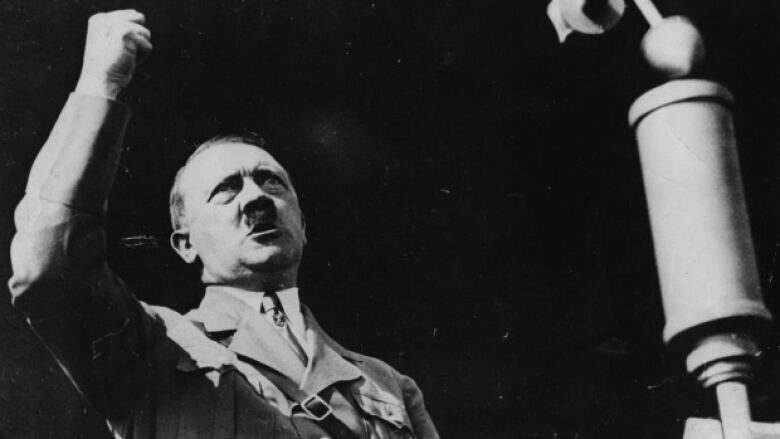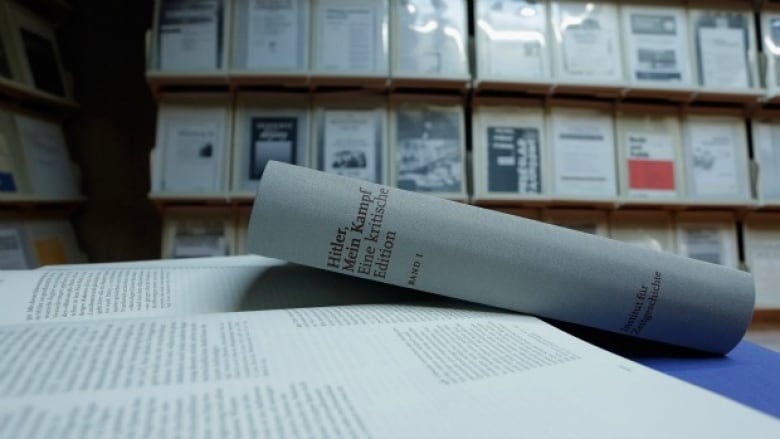Hitler's Mein Kampf gets a makeover


Earlier this month, for the first time since the end of the Second World War, a new edition of Hitler's memoir, Mein Kampf, went on sale in German bookstores. It's a two-volume set, 1,948 pages long. It includes the complete original text, accompanied by more than 3,500 annotations written by historians,
The entire print run of 4,000 copies sold out in four days.

Not surprisingly, news of its publication has generated a heated debate in Germany.
Should it receive critical, historical attention, so as to strip it of its power? Or is it opening Pandora's box?


Michael talks to Maiken Umbach, Chair of Modern History at the University of Nottingham in England. She is also the joint director of the Centre for the Study of Political Ideologies, and is currently collaborating with the Institute for Contemporary History in Munich, which published the annotated version of Mein Kampf, on a project about private life under National Socialism. Professor Umbach is the author of a number of books that explore different aspects of German politics and culture, before and during the era of National Socialism.